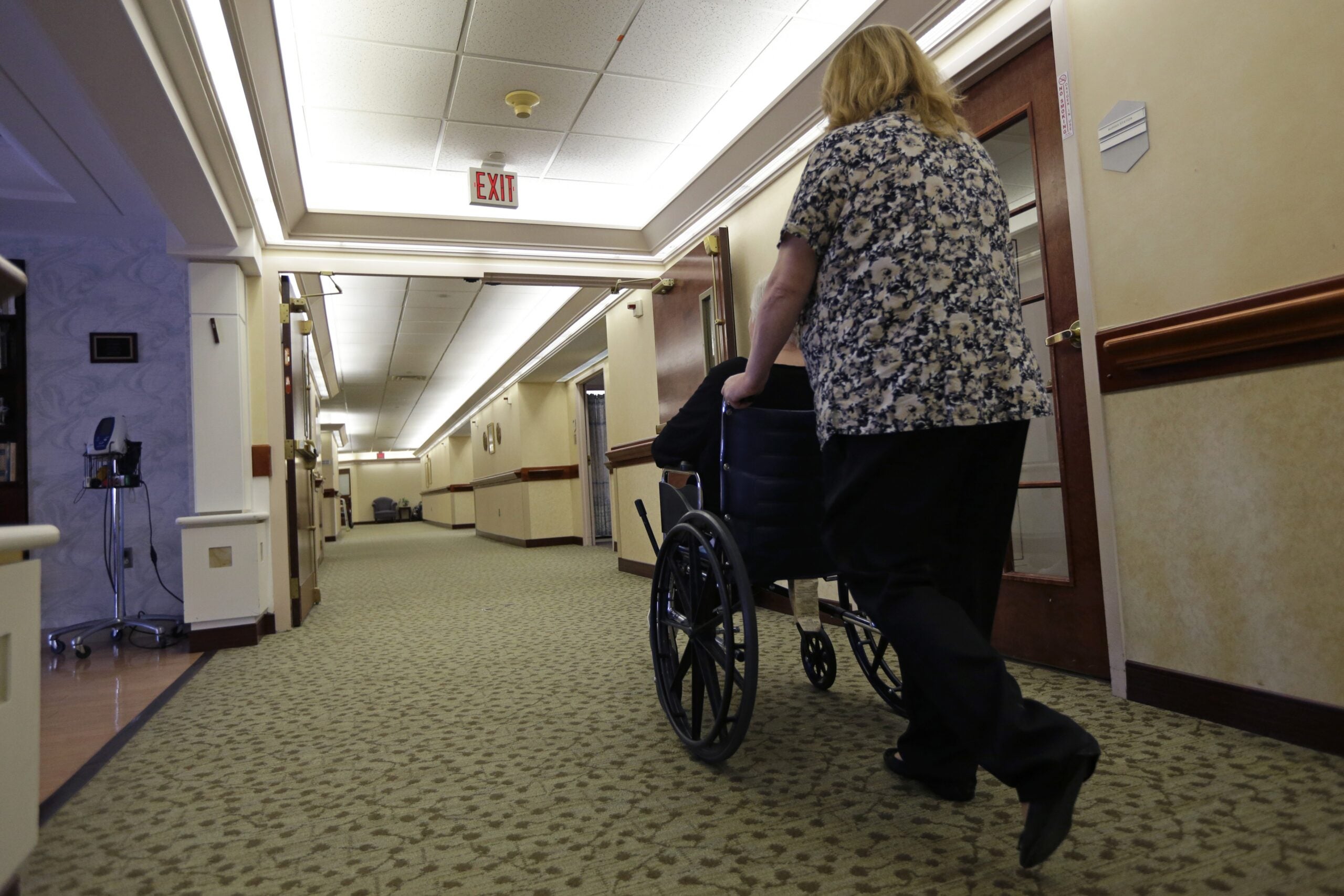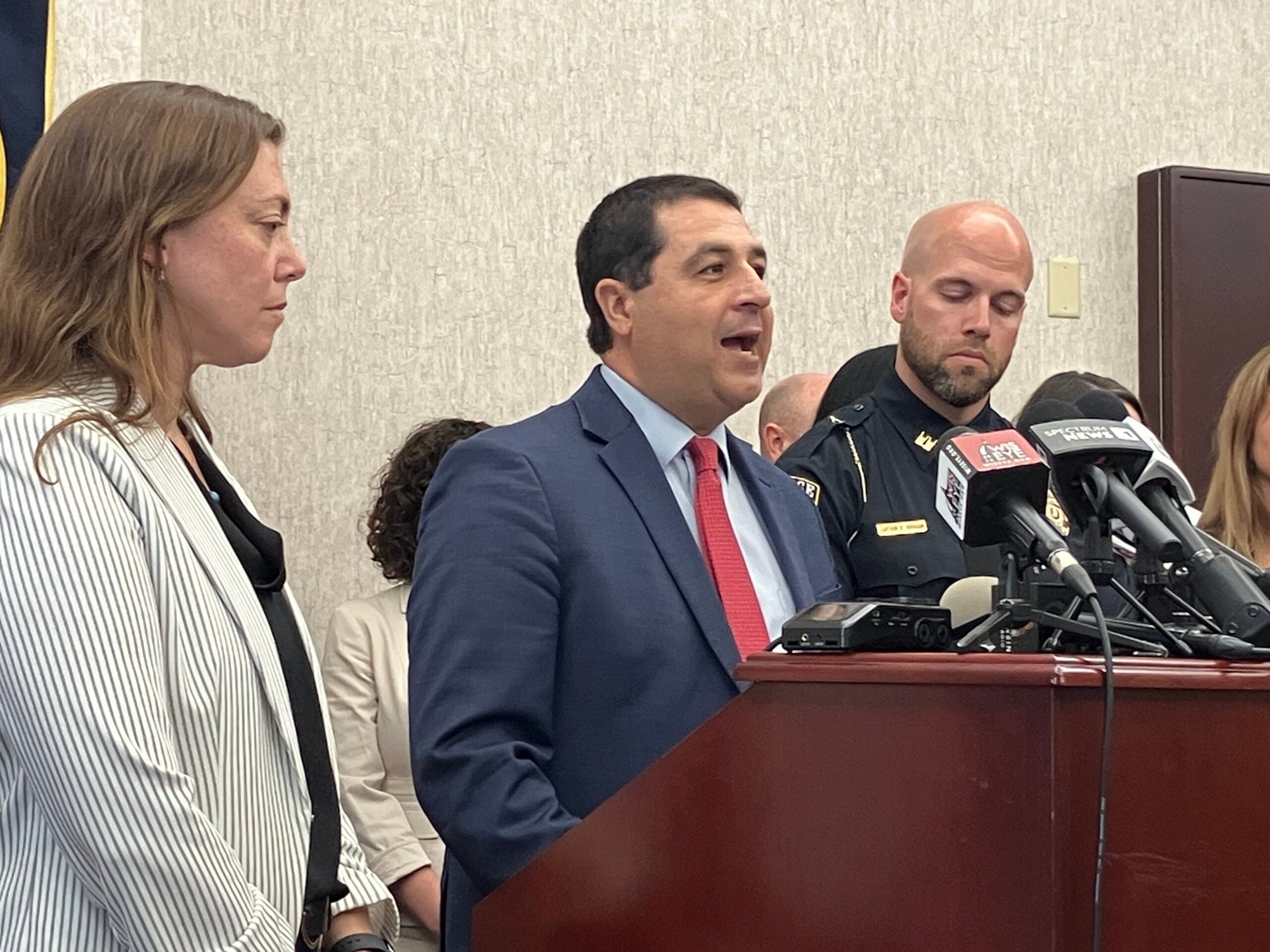The state will raise wages for workers who provide care to the elderly and people with disabilities, following an executive order from Gov. Tony Evers Thursday.
Evers directed the Wisconsin Department of Health Services to spend $258 million in federal funding on establishing a fee floor for certain preexisting Medicaid programs that support both in-home and facility-based care services.
According to a press release announcing the investment, the Wisconsin funding will amount to a 15 percent rate increase for home-based services, and about a 41 percent increase for residential care services.
News with a little more humanity
WPR’s “Wisconsin Today” newsletter keeps you connected to the state you love without feeling overwhelmed. No paywall. No agenda. No corporate filter.
The money will come from American Rescue Plan Act funds, a COVID-19 relief program. The announcement comes during an election cycle during which Wisconsin voters will weigh in on whether a governor can make unilateral spending decisions with federal funds.
Twenty other states already have such a minimum provider fee schedule, according to the release. About 57,000 people use the services receiving the funding, which Evers touted as an effort to address state workforce shortages.
“Our healthcare workers have faced significant challenges these past few years, and these investments will go a long way toward helping make sure workers receive the support and fair compensation they deserve,” Evers said in a statement.
Evers had called for a minimum rate for caregivers in his biennial budget proposal last year, but it was nixed by the GOP-controlled Legislature when Republicans began crafting their own budget.
Evers has previously taken executive action to use federal dollars to fund priorities that weren’t approved in the state budget, which has become commonplace in Wisconsin’s divided state government.
For example, Evers directed $170 million in federal funds towards keeping the state childcare industry afloat last fall, after legislative back-and-forth about funding the industry went nowhere.
Those kinds of directives are part of what fueled a pair of proposed constitutional amendments that will appear on voters’ ballots on Aug. 13. If approved by a majority of voters statewide, the Republican-backed proposals would amend the Wisconsin Constitution to require legislative approval before Wisconsin’s governor could expend federal money earmarked for the state.
The minimum rates for care workers established under Evers’ Thursday announcement will go into effect on Oct. 1.
Wisconsin Public Radio, © Copyright 2025, Board of Regents of the University of Wisconsin System and Wisconsin Educational Communications Board.







